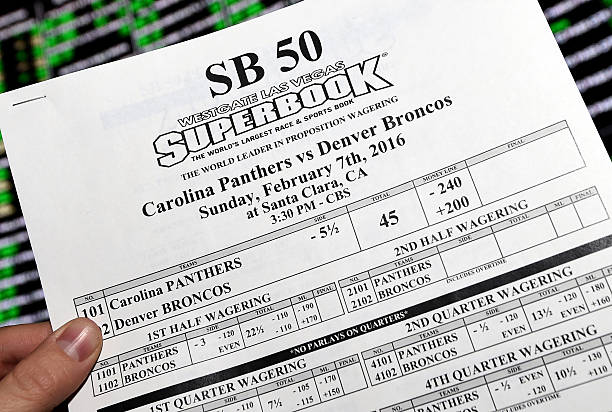
Betting has always been more than just a game of chance—it’s a window into human nature. From Mesopotamian temples to Roman coliseums, ancient civilizations used betting not only for entertainment but also for spiritual, economic, and political purposes. This article explores how cultures across history incorporated betting into rituals, governance, and social bonding, revealing a rich tapestry of tradition that still influences modern-day gambling.

7. Betting in Ancient Mesopotamia –
The Cradle of Gambling
Mesopotamia, often considered the birthplace of civilization, also gave rise to some of the earliest forms of Gambling. Clay dice and knucklebones have been found in archaeological digs dating back to 3000 BCE. These weren’t just used for entertainment—they were employed in spiritual rituals to divine the will of the gods.
Priests would roll dice to make decisions on behalf of communities, blending betting with religious and social authority. Evidence suggests that outcomes from these games were taken as divine intervention, influencing everything from farming schedules to legal judgments.

6. Betting in Ancient China – A Tool for Social Strategy
The Chinese are credited with inventing some of the earliest recorded lottery systems around 200 BCE during the Han Dynasty. Known as “white pigeon ticket,” this form of Gambling funded significant infrastructure projects, including the Great Wall.
Gambling houses were commonplace in ancient Chinese cities, and betting games often revolved around strategy and numerology. Interestingly, ancient Chinese philosophy saw luck and fate as cyclical, making Gambling not only a pastime but a metaphysical pursuit tied to Confucian and Taoist beliefs.
5. Betting in Ancient Egypt – Divination and Destiny
In Ancient Egypt, Gambling took on a mystical dimension. Board games like Senet weren’t merely recreational—they symbolized the journey through the afterlife. Players bet on outcomes that mirrored their hopes for spiritual advancement.
Pharaohs and commoners alike engaged in these activities, and winning was thought to reflect divine favor. This elevated the social standing of winners and embedded Gambling into the moral and religious framework of Egyptian life.

4. Betting in Ancient Greece – Theatre, Sport, and Strategy
The Greeks were pioneers in institutionalizing Gambling, particularly in sporting events. Gambling was rampant during the Olympic Games and other athletic contests, where wagers were placed on everything from wrestling matches to chariot races.
Theatres also served as betting hubs. Spectators wagered on which playwright or actor would win competitions at the Dionysia festivals. For the Greeks, Gambling was a form of intellectual engagement and public spectacle, often involving strategic alliances and financial stakes that influenced politics.
3. Betting in Ancient India – Dice, Dharma, and Destiny
In ancient Indian culture, Gambling was a nuanced affair tied deeply to ethics and fate. The Rigveda, one of the oldest religious texts, references dice games. The Mahabharata, India’s epic poem, is centered around a high-stakes dice game that leads to war.

Here, Gambling symbolized moral struggle and the thin line between destiny and free will. Kings and nobles saw betting as a test of virtue, and its outcomes could shift the balance of power in dynastic politics.
2. Betting in the Roman Empire – Blood, Gold, and Glory
The Romans transformed Gambling into a widespread societal norm. Gladiator matches, animal fights, and dice games were popular betting activities. Roman law officially banned gambling, but it was widely ignored, and many emperors themselves were known to indulge.
Roman citizens bet on everything from Senate outcomes to military campaigns, making Gambling an everyday affair woven into political, military, and social life. Taverns were the epicenters of these activities, where wine flowed and coins changed hands in games of chance.
1. Betting as Religious Rituals – A Cross-Cultural Pattern
In nearly every ancient culture, Gambling was linked with the divine. Whether as a form of divination, a ritual offering, or a method of appeasing gods, gambling had sacred dimensions. The randomness of dice or cards was viewed not as chaos but as the voice of fate or the will of deities.
This perception legitimized Gambling even when outcomes were devastating, and it allowed ancient societies to interpret misfortune through spiritual lenses rather than rational explanations.
SUGGESTED FOR YOU
Online Gambling: 5 Key Factors in the Battle Between Luck and Skill in Sports Betting
Conclusion:
From Temples to Tablets – The Unbroken Line
Gambling has always served as more than entertainment. It was used to read the stars, elect kings, settle disputes, and build monuments. Its rituals bonded communities and its risks tested character. From the ancient temples of Egypt to the neon-lit casinos of today, the heart of Gambling beats with the same thrill of the unknown.
In understanding how ancient civilizations used Gambling, we recognize that today’s gamblers are continuing a legacy of risk, hope, and meaning—a ritual as old as humanity itself.









